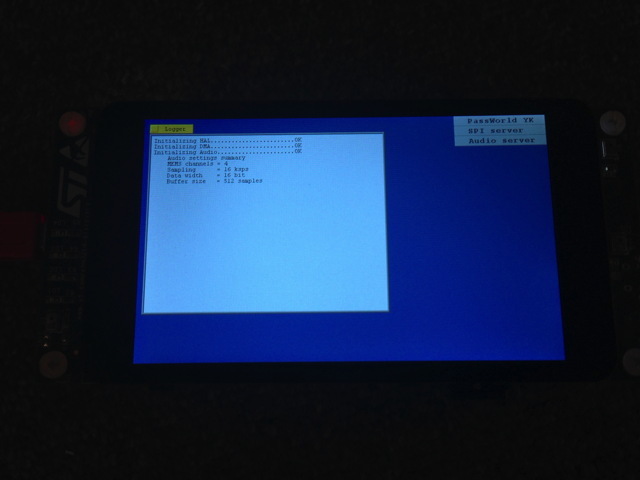path of Ubuntu
There’s not enough pathetic. Try this
GLORIOUS PATH OF THE HEROIC UBUNTU
Of course, there’s nothing good which can be said about linux or smth based on it.
At Russia I was saw a lot of attempts of linux integration. And know what? Every damned time it falls.
And it’s good when bosses realizes the problem and stops «integration». Even worst when they trying to continue till the end — in the name of savings.
I can remember every place with tasks more important than website hosting, where bosses said «We don’t want Windows or something else, we want linux 'cause we heard that it’s free». Not Ma€, not one of UNIX/BSD, not QNX, RISC OS nor smth else. They wanted «free linux».
Result — few businesses gone due to competition fault — you can’t stay on market if instead of work you wasting time and money on Gayoogle/Linux eternal integration.
And at place where I studied is now teaching «how to install linux and php+mysql and create your website» instead of old tech lessons — which had been good, with calculations, simulations and diy solutions, but — oh shame! — on old Windows and UNIX systems.
How ironic — «full of free choices» linux giving you actually no choice — you must waste your time and money on it or pay to f***t «geek» (abbreviation of «Google Eggless Evangelist Kid»; someone who is actually near zero in tech theme, but trying to swim near and imitate knowledge) just 'cause instead of learning smth he learned how to advertise, install and maintain linux.
Another cool story about GNU/Rooster is about integration at schools (and government too).
Ever having ability to buy Windows cheap, even having ability to develop own (or continue to develop Soviet ones) systems, which — Russians have good skills — can be more than enough for all purposes it always comes to this. Everytime when someone at government wanna fast money, he comes and say: «hey, I heard that we can make our schools more modern and economize lot of money — we just need to integrate linux». Because there’s no real engineers at government, just businessmen (as one’s from O’Henry “Strictly Business”) — all ignore that linux actually have a dirty architecture, lot of bugs, more expensive summary costs and — final shot — done not by enthusiasts, but by main US companies, and the more of them are known as US government hands inside an IT. War between MSFT and, as example, RedHat is only in a geek heads; when there’s an question about your money or important data they working together without problems. Invisible hand of the market, huh?
So, everytime when non-engineer fools attempting to integrate low-quality system developed by potential enemy I see a chain reaction of a geeks who celebrate «Ura, we’re now become more modern, more open, more democratic, more happy!».
These f***ts don’t see that linux integration — ends it with a success or as a unsuccessful attempt — gives nothing good, only higher costs for budget and money theft — for a good purposes, of course.
No one cares about children, only money and their GNU/Rooster religion important to them. Even more, part of money will be used to pay reporters for needed news headlines — «XYZ switched to linux, see how good and modern there and how kids are smiling. Smile at camera, Peter, show how thou art happy».
So what you mean as «path of Ubuntu»? Path of government-level fraud, corruption and kickbacks? Path of low-quality old principles based data-stealing system from NSA? Or path of salesman-sect hybrid?
As I said, good linuxer — dead linuxer. Sometime you’ll understand it.
About souvenirs.
Selling T-shirts and USB drives never, never helps. It only good if NSA wanna pay you for work, but don’t want to affiliate any connections with a project, but if smth like this will happen with Haiku — I’ll go out from here as any human with brain.
So please again, keep your wet wishes away from here.
too extreme
If truth is too extreme for you — please don’t read. Who knows, maybe one day even letters will turn too sharp and hurt or even kill you.
Read something optimistic with low containing of truth — pics with cats, rainbows, unicorns etc.
Good luck.

